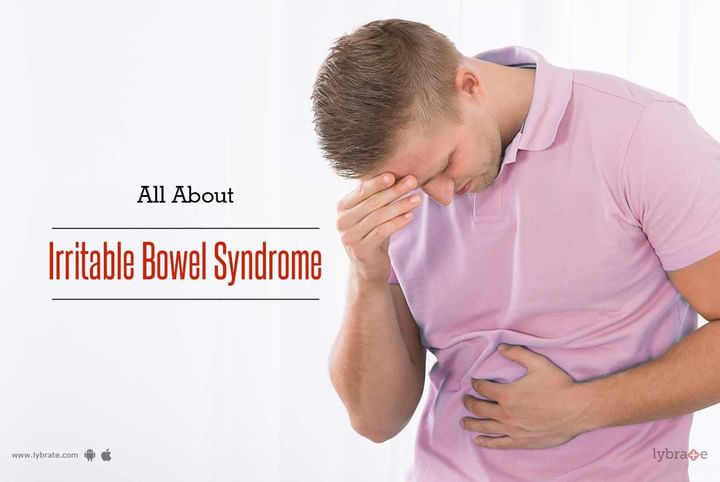All About Irritable Bowel Syndrome
Irritable bowel syndrome is a disorder of the large intestine. It may cause abdominal pain, bloating, diarrhea and constipation. The condition is not life threatening in nature and does not make you susceptible to colon disorders such as Crohn's disease, ulcerative colitis and colon cancer, however, symptoms of IBS may act as deterrents in leading a normal life.
Symptoms:
The symptoms of irritable bowel syndrome are:
- You may experience symptoms of constipation
- Frequent episodes of diarrhea
- Abdominal cramps especially on the lower part of the abdomen
- Constant bloating
- Abnormal stool structure
- You belly might stick out
In some cases, you may experience sexual problems and urinary problems. In addition, if you also suffer from stress related disorders then it might aggravate the symptoms.
Causes:
The primary cause is that the colon becomes very sensitive such that small stimulation may cause it to react. When the food passes through the colon, it tends contract strongly and leads to complications, such as bloating and constipation. It may also lead to weak contractions of the colon which leads to hardened stool.
There are certain things which may symptoms of IBS, they are:
- Stress: Any type of stress tends to aggravate symptoms of irritable bowel syndrome.
- Foods: Certain foods such as chocolate, spices, cabbage, milk and carbonated beverages may trigger symptoms of IBS.
- Hormones: Hormonal changes such as the ones during menstrual cycles may aggravate symptoms of IBS.
- Illnesses: Various illnesses such as diarrhea or conditions such as overproduction of bacteria in the intestines may lead to symptoms of irritable bowel syndrome.
Women are more likely to be affected by symptoms of IBS as are people who are below 45 years of age. If someone in your family has irritable bowel syndrome, then you are also likely to develop this disorder. It may also aggravate symptoms of hemorrhoids, along with aggravating symptoms of stress.



+1.svg)
